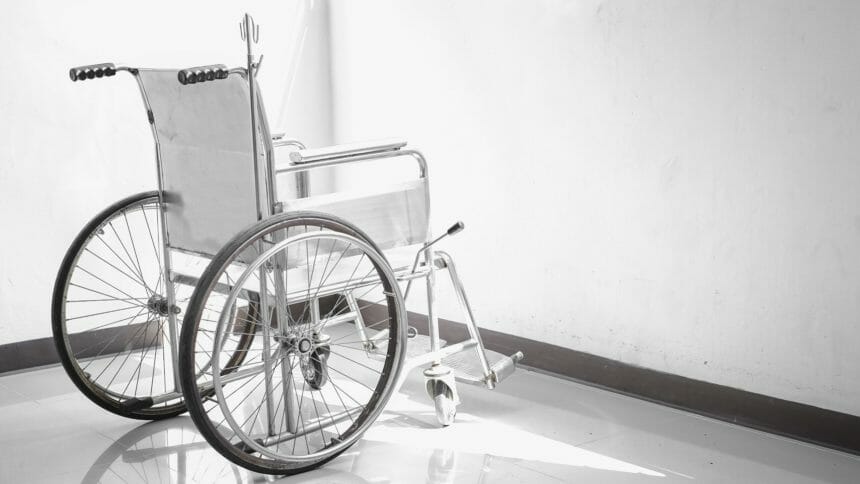
The nursing home business long has relied on federal support, mostly though the Medicare and Medicaid systems, but an analysis published Friday in the Washington Post explores how this reliance left many skilled nursing facilities vulnerable to COVID-19 outbreaks when the virus arrived in the United States earlier this year.
The current reimbursement system pays extra for extra services — encouraging some unscrupulous nursing home owners and operators to file false claims. This happened in the past via physical and occupational therapy, and it continues to plague respiratory care services, the Post article maintained. Stringent infection control, however — which likely could have kept the coronavirus at bay — has never come with extra revenue, even during the COVID-19 pandemic, the account continued. Nor has hiring more registered nurses, which some studies suggest have been crucial in minimizing COVID-19 outbreaks within nursing homes.
The article also went on to discuss how SNFs’ current fee-for-service structure puts the focus on “ancillary” treatments that bring in extra dollars and allegedly puts its direct resident care workforce at the bottom of the priority list.
“[Nursing assistants] are underpaid and in chronically short supply at nursing homes across the country,” the article authors wrote.
Although the analysis focused specifically on several nursing home chains within Michigan, these problems abound nationwide, quoted experts said.
“There’s a mountain of actuaries and accountants out there” advising nursing home operators on the most profitable services to provide, said Eric Carlson, a frequent nursing home critic and directing attorney with advocacy group Justice in Aging, to the Washington Post. “That’s where the opportunities are financially. They’re all over this.”
This article appeared in the McKnight’s Business Daily, a joint effort of McKnight’s Senior Living and McKnight’s Long-Term Care News.


